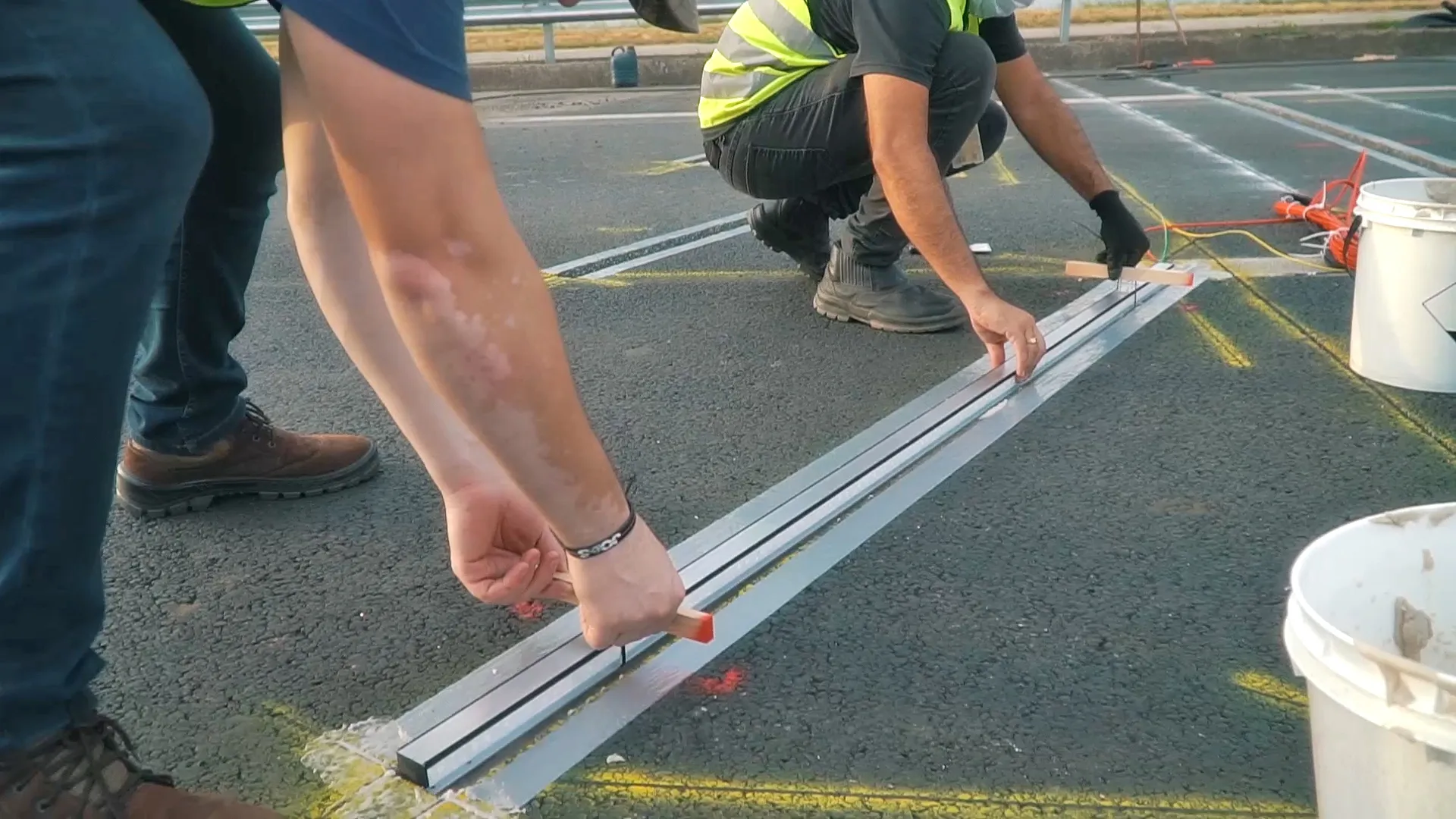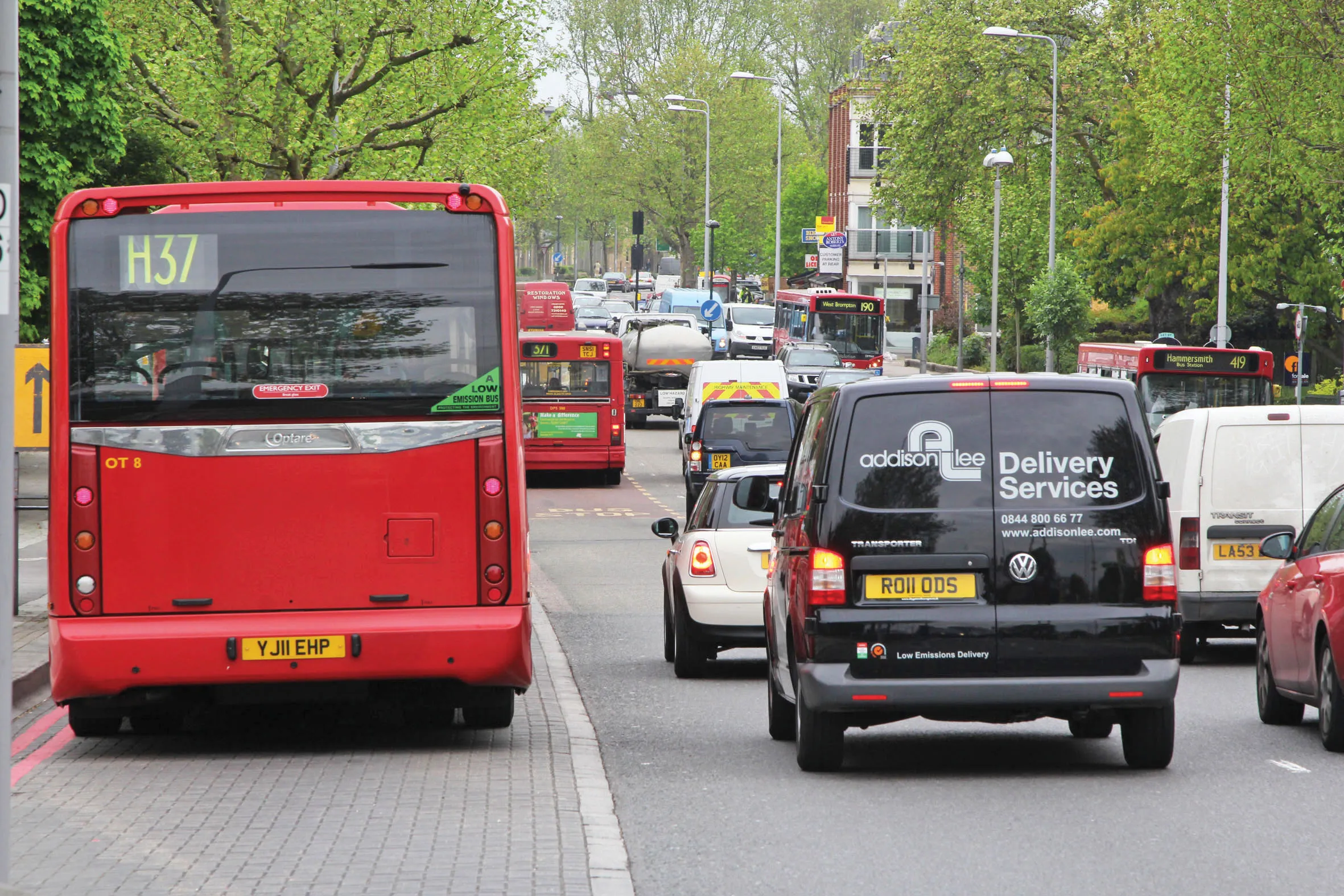
Already, 45 WIM stations – around half of them using Kistler’s Lineas quartz WIM sensors - have been set up on crucial transport routes across Ukraine.
The WIM stations allow Ukrainian authorities to automatically fine overloaded trucks. In addition, authorities will be able to analyse the data to help predict when a given road surface will need replacement or where further infrastructure development might be beneficial.
In Ukraine, the rapid decay of road surfaces has long been a major issue for Ukravtodor, the state agency responsible for maintaining the country’s major roads. Almost immediately after a road has been constructed or repaired, damage starts to appear. In the capital Kiev, the problem is most acute. About 40% of all trucks on the road in and around the city are either overweight or violate size restrictions.
On the agency’s website, Oleksandr Kubrakov, chairman of Ukravtodor comments that if everything is left as it is, a newly constructed road’s lifespan is a mere two years. To prevent this scenario, the national government launched a campaign to combat weight violations on Ukrainian roads that includes large-scale introduction of weigh-in-motion stations to back up the government’s resolve.
They weigh all passing vehicles without disrupting traffic and transmit the data to a control cabinet by the road for analysis. If the vehicle is too heavy, a camera automatically takes a picture of the license plate and sends the collected information to the local authorities, who will then fine the offending driver or logistics company.
Kistler says that Ukraine is not the first eastern European country to install its WIM technology on a large scale to reduce the number of overloaded vehicles. “We have been providing WIM systems for direct enforcement in countries like the Czech Republic, Russia and Hungary for several years now,” says Tomas Pospisek, regional manager for Eastern Europe within the Traffic Solutions business at Kistler Group.
Kistler specialises in piezoelectric sensors, a measurement technology that stands out for its longevity and accuracy even in tough conditions such as high temperatures or fast traffic. “Over the past 20 years, we have continuously made our products more and more accurate to enable direct enforcement. Now we can offer an accuracy around 2% with our KiTraffic Digital System,” says Pospisek.







